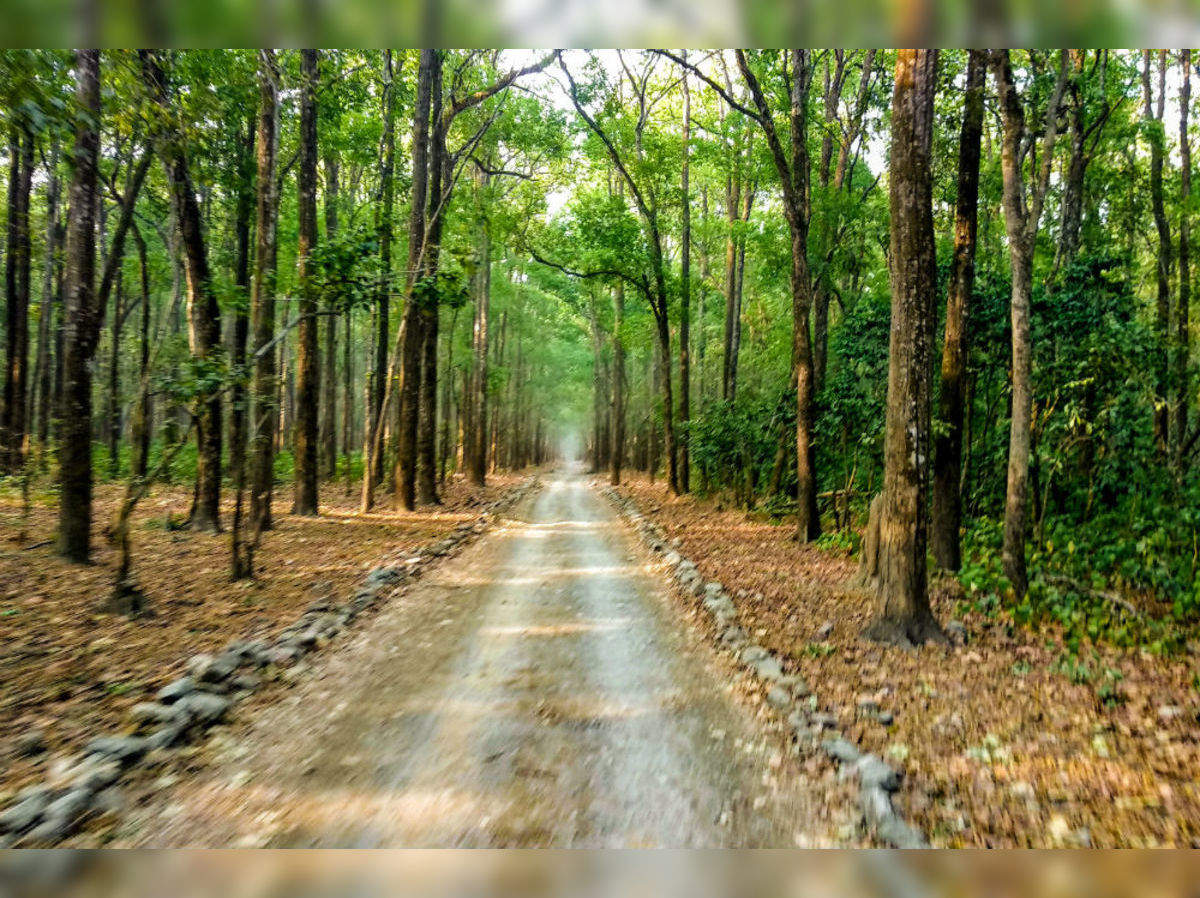Source-This post on Kalesar Wildlife Sanctuary is based on the article “SC stays construction of 4 dams inside Kalesar Wildlife Sanctuary“ published in “The Week” on 24th March 2024.
Why in the News?
The Supreme Court stayed the construction of four proposed dams inside Kalesar Wildlife Sanctuary in Haryana.
About Kalesar Wildlife Sanctuary

| Aspect | Details |
| Location | 1. It is situated within the Yamunanagar District of Haryana, nestled in the foothills of the Shiwalik ranges of the Himalayas. 2. Rajaji National Park, situated in Uttarakhand, is located to the northeast of this park. 3. Simbalbara National Park located in the Shivalik Hills, lies to the north, sharing a border with Himachal Pradesh. Morni Hills can be found to the west. |
| Unique features | 1. The terrain ranges from plains to hills, reaching elevations of up to 700 meters, with narrow valleys known as “khols” scattered between the hills. 2. These valleys contain seasonal rivulets, referred to as “soats,” which typically remain dry for the majority of the year. 3. Within the sanctuary stands the Kalesar Fort, believed to have been constructed during the reign of the Mughal emperor Aurangzeb. 4. The park is renowned for its Dak bungalows, colonial-era administrative architectural structures. |
| Status | It was declared as a national Park in 2003. |
| River flowing through | River Yamuna lies to its east. |
| Flora | 1. The majority of the forest is densely populated with tall sal trees. 2. Other trees that are found in the forest are Semul, Bahera, Amaltas, Shisham, Khair, Sain, Chhal and Jhingan. |
| Fauna | It is home to many threatened animals like leopards, Ghoral, Barking deer, Sambar, Chital, Python, King Cobra, Monitor lizard etc. |
UPSC Syllabus: Environment






